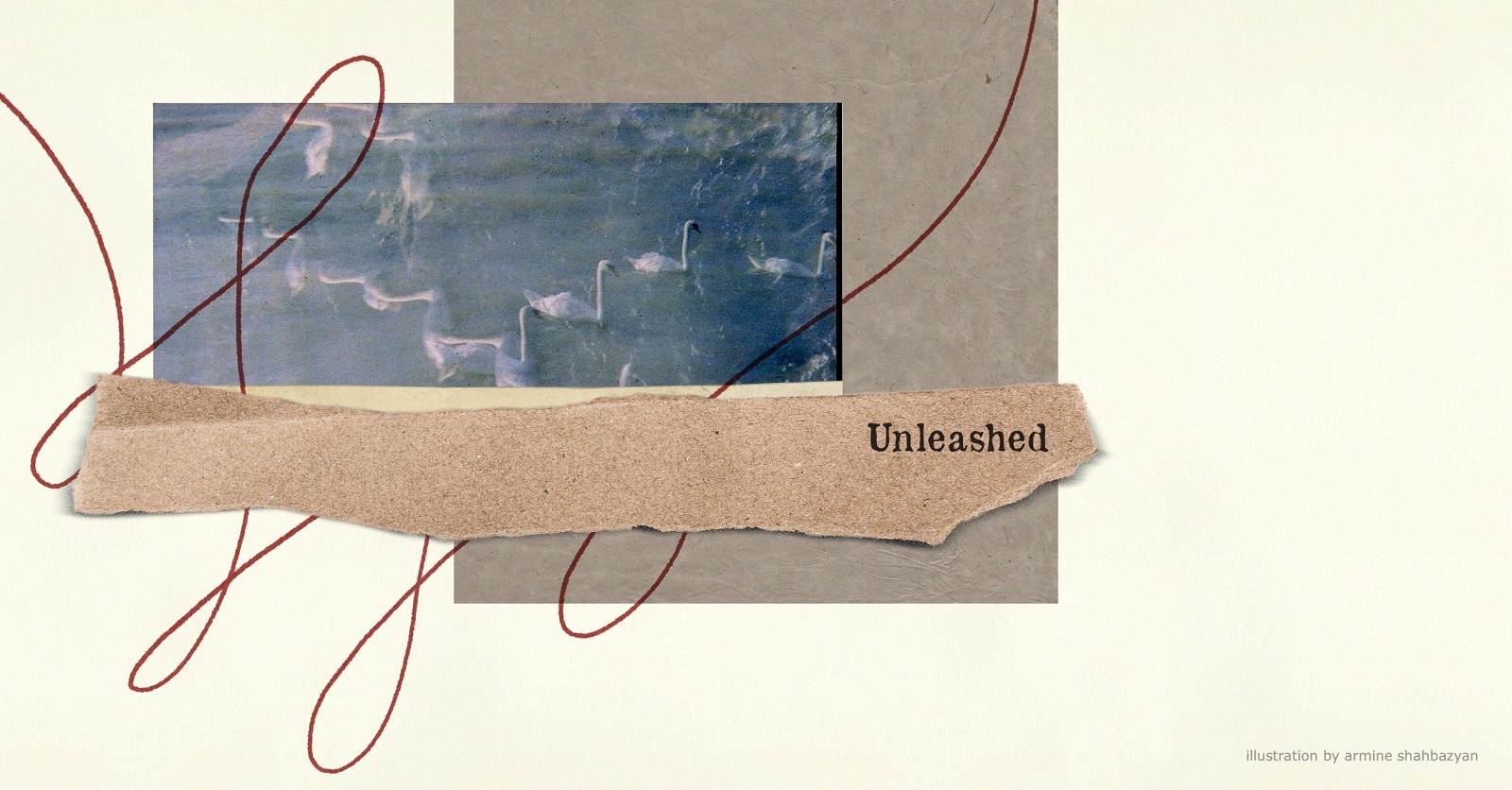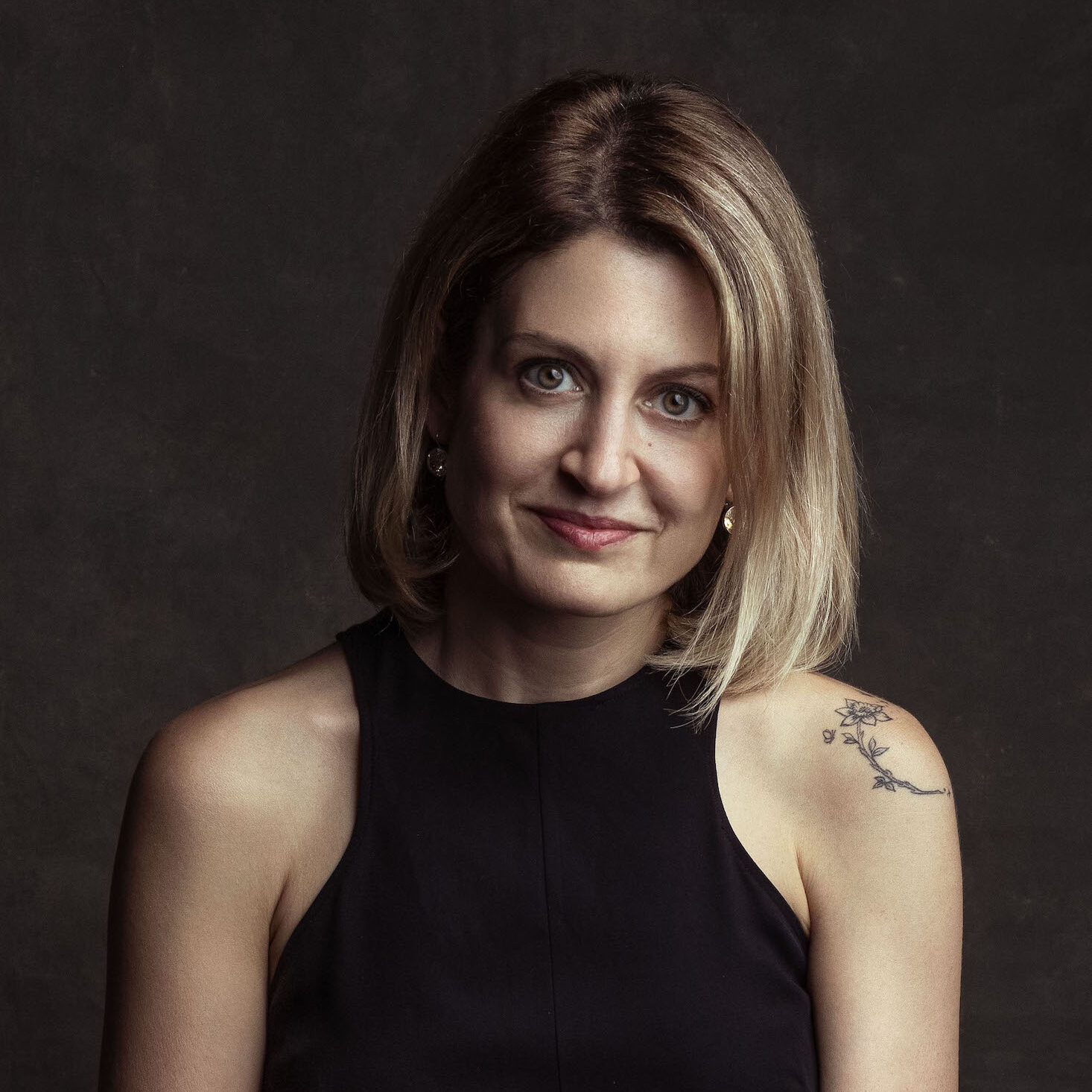

If there’s one talent I possess, it’s my knack for dropping comments so naïve that they leave people laughing or amused. For example, during a serious discussion about cloud computing soon after it became a thing, I wondered out loud if bad weather could affect data storage. Or when, the first time I saw a field of wind turbines in The Netherlands, I turned to my Dutch then-boyfriend and asked, “Don’t those giant fans use up a lot of energy?”
One of the most thoughtless things I’ve ever said, though, didn’t come out quite as funny. I was 14 going on 15, when a friend from summer camp asked me about my views on homosexuality. At that young age, I had barely considered the topic. But instead of admitting my ignorance, I wanted to appear knowledgeable, so I regurgitated something I’d heard or read somewhere once that sounded like it made sense, without giving it a second thought.
Are you ready for this? I said, “If everyone became homosexual, all humanity would cease to exist.” Oh yes. I said something that stupid.
At the time, I didn’t understand the layers of error in my comment. First, the notion that anyone could “become” homosexual misunderstands the inherent nature of sexual orientation, that it is diverse and not a choice. Moreover, suggesting that homosexuality would halt human reproduction ignores the reality that many LGBTQ+ persons have children through various means like adoption or assisted reproductive technologies. It also mistakenly reduces the rich and complex nature of human societies to mere biological reproduction.
More importantly, however, I had failed to consider the very potentially harmful impact of my comment. I’ll never forget the wounded look on my friend’s face as she then revealed to me that she was a lesbian. I saw immediately from her reaction how such a careless string of words could be so deeply, even if unintendedly, hurtful. She didn’t need to correct my ignorance; the pain in her eyes was enough. I realized right then that I had made a huge mistake. The last thing I ever wanted was to offend someone I cared about, but there I was, navigating completely unfamiliar waters.
The shock of that moment was also a harsh awakening to my own unconscious biases. I realized that I had unknowingly absorbed negative stereotypes about homosexuality, much like a virus or parasite that invades the body without permission. Determined to rid myself of this insidious prejudice, I aimed to cleanse myself of any lingering homophobic judgments by taking deliberate steps to educate myself and transform my understanding.
I began by attending Gay Pride in Montreal, immersing myself in the community and learning directly from the experiences of LGBTQ+ persons and friends. This wasn’t just about making amends; it was about bettering myself and supporting the values of equality and love by actively choosing to stand against prejudice and for inclusivity.
So, when I moved to Armenia three years ago, the contrast in attitudes towards LGBTQ+ individuals compared to Montreal was so disheartening. Sure, it was disappointing to find that there wasn’t a visible LGBTQ+ scene or a “gay village” like back home, but I hadn’t anticipated how alive and kicking homophobia would be here. While homosexuality was decriminalized in Armenia in 2003, there are still no laws specifically protecting against discrimination based on sexual orientation or gender identity. Surveys and reports indicate that the majority of the Armenian population still holds negative views towards homosexuality, often influenced by religious beliefs.
I soon learned that the LGBTQ+ community here largely remains underground for safety reasons. The situation isn’t anywhere near as extreme as in Chechnya, Iran, or under ISIS, but it is still dangerous. In the past year alone, there have been numerous incidents of violence, suicides, and even killings targeting LGBTQ+ individuals. These acts are often not adequately addressed by local law enforcement, which can be dismissive of these issues or, in some cases, complicit in the discrimination. Organizations like PINK Armenia, which do commendable work in advocating for LGBTQ+ rights in Armenia, are forced to keep their office locations secret and relocate frequently to protect against violence.
Nevertheless, over the last three years, I have seen some promising changes toward greater inclusivity in Armenia. Just three days ago, on May 17, I attended PINK Armenia’s event for the International Day Against Homophobia, Transphobia, and Biphobia (IDAHOBIT). Unlike previous years where these events were small and cautious, this year’s gathering was markedly different. It was held in a packed room, signaling a shift toward greater visibility and support. The presence of distinguished guests like the ambassadors of Sweden and the United States, along with Armenia’s Human Rights Defender, all of whom delivered stirring speeches of solidarity, showcased this positive development.
Still, the journey toward true freedom and democracy in Armenia is far from complete as long as anti-LGBTQ+ discrimination persists. It’s also simply become outdated and out of touch to cling to homophobic sentiments. Other negative stereotypes stemming from fear and misinformation—like the notions that homosexuals are a danger to children, that it can be cured, or that it’s contagious—are equally entirely baseless and debunked by extensive research. Numerous authoritative sources, including the American Psychological Association and other health and psychological bodies (see, among others, here and here), affirm that sexual orientation is not a choice and is not influenced by external social factors. Studies have consistently shown that children raised in LGBTQ+ households fare as well emotionally and socially as those raised in heterosexual households, and there is no credible evidence whatsoever to support the idea that LGBTQ+ individuals are more likely to harm children.
Which is why the European Union and other international bodies have repeatedly called on Armenia to improve its human rights record regarding LGBTQ+ rights. Progress in this area could significantly influence Armenia’s international relationships and its aspirations for closer ties with Western countries. We can no longer accept excuses that other priorities, such as ongoing conflicts or political issues, should divert attention from ensuring basic human rights. All citizens of Armenia have equal rights, and true freedom is only achieved when everyone is free.
The reflections on my own journey since making that awful comment to my friend, now three decades ago, still remind me of the power of words and beliefs. As an Armenian descendant of genocide survivors, I recognize the contradiction in having expressed a view that could in any way implicitly undermine another’s existence based on who they love. How can anyone who deeply values their own cultural, religious, ethnic, or linguistic identity ever imply that another person is less worthy of pride in their identity because of who they love?
If we truly care about our own freedom, then we must strive to embrace a philosophy of live and let live, love and let love. Our shared humanity demands no less, ensuring that every individual, irrespective of sexual orientation or gender identity, is afforded the respect and freedom they deserve.
See all [Unleashed] articles here
Listen to Sheila’s personal reading of “Love and Let Love”.

Sheila Paylan is an international human rights lawyer and former legal advisor to the United Nations. Now based in Yerevan, she regularly consults for a variety of international organizations, NGOs, think tanks, and governments.

